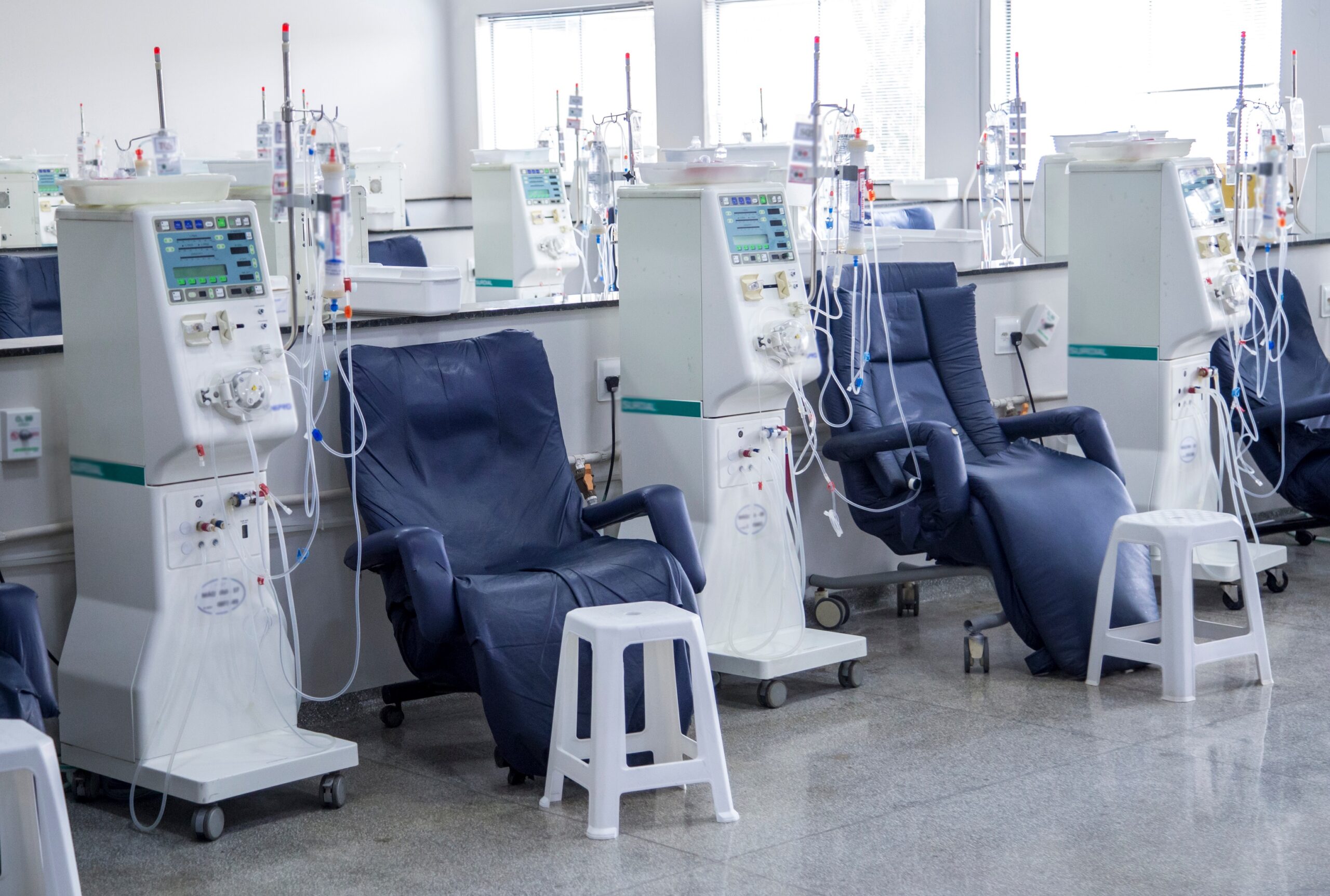
Enfortumab vedotin has recently been added to the Pharmaceutical Benefits Scheme (PBS) for the treatment of locally advanced or metastatic urothelial cancer that has progressed despite therapy. Urothelial cancer begins in the urothelial cells, a specialised type of epithelial cell that line the urinary tract. Around 80-90% of bladder cancers are urothelial carcinomas.
Enfortumab vedotin is an antibody-drug conjugate (ADC). It comprises a Nectin-4 targeted monoclonal antibody that is bound to monomethyl auristatin E (MMAE), the cytotoxic payload. Nectin-4 is a cell adhesion molecule that is highly expressed on the surface of urothelial cancer cells. Once the ADC binds to Nectin-4, it is internalised, and the MMAE is released to disrupt the microtubule network within the cell. This leads to cell cycle arrest and apoptosis.
Study EV-301 investigated the efficacy of enfortumab vedotin in locally advanced or metastatic urothelial carcinoma. Patients who had received prior platinum-containing chemotherapy and had disease progression with a PD-1 or PD-L1 inhibitor were randomly assigned to receive enfortumab vedotin or investigator-chosen therapy (standard docetaxel, paclitaxel, or vinflunine). The primary endpoint of overall survival was longer in the enfortumab vedotin group, with a median of 12.88 months (95% CI: 10.58-15.21) compared to 8.97 months (95% CI: 8.05-10.74) in the chemotherapy group.
Enfortumab vedotin is administered as an intravenous infusion on days 1, 8, and 15 of a 28-day cycle and continued until disease progression or unacceptable toxicity. Severe cutaneous reactions have been reported, including Stevens-Johnson syndrome and toxic epidermal necrolysis. Permanent discontinuation is required if a patient develops these reactions, any Grade 4 skin reaction, recurrent Grade 3 skin reaction, or severe pneumonitis/interstitial lung disease or peripheral neuropathy. Doses may need to be withheld or reduced in the case of hyperglycaemia or less severe forms of the aforementioned adverse effects.
References:
- Heath EI, Rosenberg JE. The biology and rationale of targeting nectin-4 in urothelial carcinoma. Nature Reviews Urology 2021; 18(2): 93-103.
- Padcev™ (Enfortumab Vedotin) Australian approved product information. Macquarie Park: Astellas Pharma. Approved May 2023.
- Powles T, Rosenberg JE, Sonpavde GP, Loriot Y, Durán I, Lee JL, et al. Enfortumab vedotin in previously treated advanced urothelial carcinoma. N Engl J Med. 2021; 384: 1125-35.
Subscribe Knowledge Centre Updates
Enter your details to receive Knowledge Centre updates
